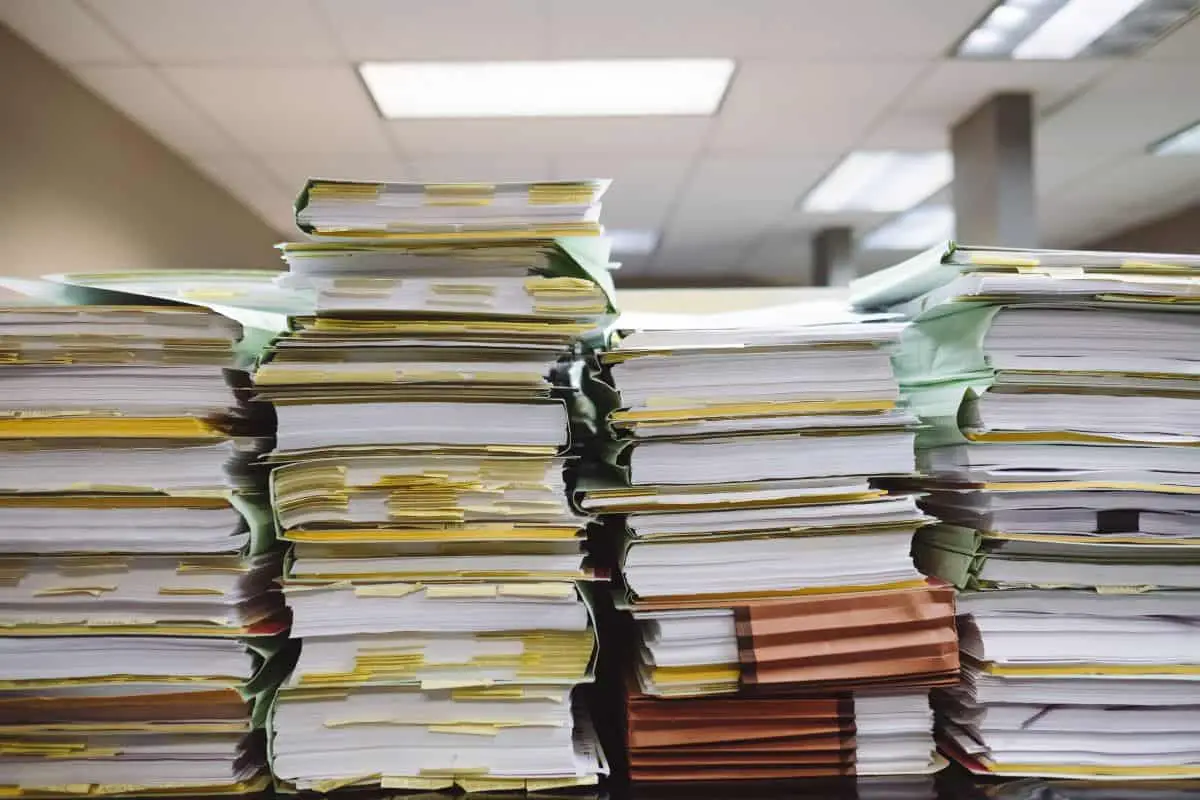
25 Jan Can I Request a Copy of All Depositions Taken During My Court Case?
Is Requesting Copies of Depositions Taken During a Court Case Allowed?
Depositions are an important part of any court case. They can provide key information about the case and help to ensure a fair trial. After going through a recent court case myself, I began to wonder what I was allowed to do with this information. After researching and speaking to my lawyer, I was able to come to a conclusion and better understand my rights.
So, can you request a copy of all depositions taken during a court case? It turns out that yes, you can request a copy of all depositions! However, you have to request copies from the proper source. In my case, it meant requesting a copy from the other party to avoid any additional cost or hassle.
Deposition copies can be a great resource for those who have been involved in a court case. Even if depositions aren’t available through your lawyer or another source, it is still possible to request that the transcripts be read aloud during the trial.
 Different Ways to Request a Copy of All Depositions Taken
Different Ways to Request a Copy of All Depositions Taken
If you are involved in a court case, you may be wondering if you can request a copy of all depositions taken during your case. In most cases, the answer is yes. You have a right to inspect and copy any deposition taken in your case. This includes depositions of both witnesses and parties. There are several was
Requesting During a Court Case
If you request all depositions taken during your court case, then there are different ways to request this from the court. The first way is to request a copy from the District Clerk’s office of the county where you filed your case. If you request this, then be prepared for a steep cost of $50 or more just to request it.
Then they will also charge a fee per deposition so another fee for each deposition during your case. If you have multiple defendants named in your suit and have them do depositions as well, then expect hundreds of dollars if not thousands depending on how long your case was and how many defendants were involved along with plaintiffs.
Another way is to request copies from the court reporter who took the depositions. This request can be made at any time, even if your case is already over. You may request copies of all depositions or specific depositions depending on what you need.
This request will also cost money, but it is a lot cheaper than the first option. You can expect to pay $0.50-$0.75 per page for black and white copies and more for color copies. If you have a large number of pages, then the costs can add up quickly.
If you do not want to spend any money, then you can always request the transcripts from the clerk’s office where your case was filed. The transcripts will not include exhibits or deposition summaries, but they will be a complete record of the testimony given during the depositions.
You can request this for free by mail or in person at the clerk’s office. If you request it in person, then you can usually get a copy the same day.
Requesting After A Court Case
If you request copies of depositions after your case is over, then the transcripts request will be sent to the court reporter who took the deposition. The request will include the transcripts only and not exhibits or deposition summaries.
If you request copies of all depositions taken during your case, then there are ways around paying large costs. You can request a transcript if you did not want to spend any money or request specific depositions instead of requesting every deposition that was taken during your case.
Keep in mind that if you request specific depositions, then it may take some time for you to receive them because they need to contact the people involved in taking those specific depositions.
If you request all depositions taken during your case, then expect many fees and a large cost. It is important to weigh the pros and cons before requesting all depositions taken during your case.
What Information Can I Find in a Deposition?
A deposition is a formal interview of a witness that is conducted out of court. The depositions in a court case can provide valuable information to both parties in the case.
Generally, depositions can be used to ask questions about the facts of the case, the witness’s knowledge of the case, and the witness’s testimony. You will find depositions to be invaluable when deciding whether or not you want to proceed with your case.
However, depositions can also be costly and time-consuming for both parties in the case. Because of this, depositions are often conducted after a court date has already been set. If you are wondering if depositions are required before the hearing date, you should speak to an attorney.
 What Can You Ask In a Deposition?
What Can You Ask In a Deposition?
A deposition is a powerful tool in civil court cases. However, there are some limitations on what you can ask in depositions. What follows explains when depositions can be used, what is permissible to ask and not ask in depositions, the procedure for depositions, and how depositions affect trial proceedings.
Depositions are limited to the subject matter of the litigation and only those people who might reasonably be asked about it at trial may be examined. Also, depositions cannot be used as a discovery tool for gathering information not relevant to the case.
The Federal Rules of Civil Procedure Limit Depositions
Only parties can ask questions directly although they can direct those questions through an attorney. Unlike in court, where witnesses must answer all questions put to them unless those answers might incriminate them, depositions allow that refusal to answer specific questions or some portions of questions can be explained on the record as long as that explanation is truthful and reasonable.
For example, if a party asks you what someone said about him and you don’t want to answer because you are protecting the identity of a confidential source, you can refuse to answer that question because doing so would reveal confidential information. You must still answer other questions about what was said even if they could lead to the disclosure of the confidential information.
The opposing party can object to any deposition question, and the court will then rule on whether the objection is valid and whether the question can be answered. Most objections during depositions are based on relevancy, but other objections may be made if a witness is not qualified to testify or if protected information is revealed.
Who Attends a Deposition?
A deposition is a form of discovery in which an attorney asks the opposing party to provide information relevant to the case. A deposition can be written or oral. When depositions are recorded, either by audio or video, they are considered depositions under oath (or depositions on file), and you can request copies at the end of your case if necessary.
If depositions are taken during your case, you may have questions regarding their relevance and who has access to them.
Usually, the parties involved in the case, their attorneys, and the court reporter are present during depositions. The opposing party’s attorney will ask questions under oath, while your attorney may also have input.
 Where Will My Deposition Be Held?
Where Will My Deposition Be Held?
Depending upon where your court case takes place, depositions typically take place in one of two locations:
- Attorney’s Office – If depositions are taken in the attorney’s office, only the attorneys for each party and the witness will be in attendance.
- Courtroom – If depositions are taken in the courtroom, all parties involved in the case will be in attendance, including the judge, court reporter, and spectators.
What Is Privileged Information?
Privileged information refers to any written, recorded, or spoken statement that has been made by any individual who is currently under criminal investigation.
All depositions fall under this category because it means that they are documents and/or recordings of depositions conducted during a criminal case.
Why Is Privileged Information Important And Why Can’t I Have It?
During the depositions conducted, all individuals involved in the court case (the defendants, witnesses, and attorneys) are read their rights and are told that anything they said could be used against them and that there would be no judgment before an unbiased party listened to each deposition.
Due to this protocol, it is important for depositions not to be seen by anyone other than those directly involved in the case so as not to unduly influence the testimony.
Conclusion
In all, depositions can be used to help you in your civil court case, but depositions before the final date cannot always be guaranteed. If depositions are allowed before the hearing date, depositions are limited by what questions are asked and who asks them.
Depositions are also limited by privileged information that is discussed during depositions which cannot be shared with anyone but those directly involved in the court case. Thus, depositions are a powerful tool for use when you or someone you know is involved in a civil court case.





